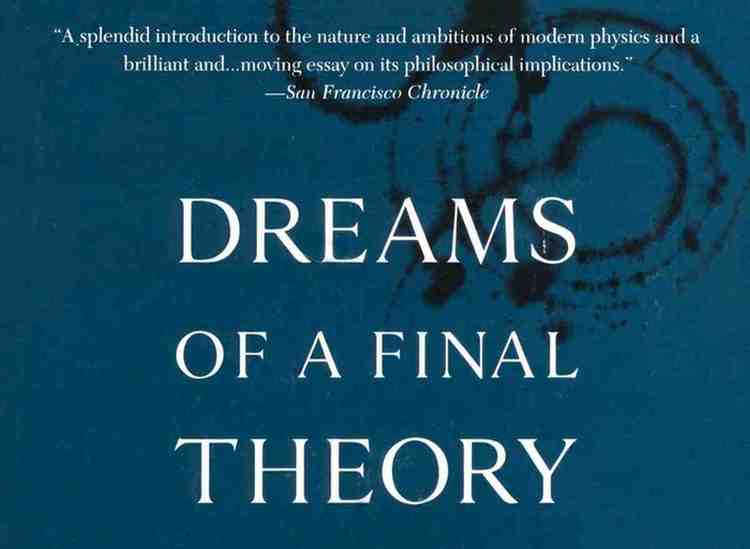My elder brother Philip, a physicist, recommended to me last month Steven Weinberg's "Dreams of a Final Theory: The Scientist's Search for the Ultimate Laws of Nature". While I haven't finished reading it yet, I felt compelled to share my thoughts because this book has fundamentally changed how I view the scientific pursuit of understanding our universe.
Dreams of a Final Theory was written by Steven Weinberg, a renowned theoretical physicist who won the Nobel Prize in Physics in 1979. He shared the award with Sheldon Glashow and Abdus Salam for their work on the theory of the unified weak and electromagnetic interaction between elementary particles.
The book delves into some mind-bending concepts. For instance, Weinberg explains how the synthesis of elements in our universe required an incredibly precise set of conditions. He describes how carbon formation in stars needed exactly the right energy states - if these were slightly different, we wouldn't exist to ponder these questions.
It's what scientists call the anthropic principle, which suggests that the laws of nature must allow for the existence of beings capable of understanding them.
This is particularly intriguing because it contrasts sharply with Neil deGrasse Tyson’s remark, if I remember correctly it goes: “The universe is under no obligation to make sense to you.”
I think what makes Dreams of a Final Theory particularly relevant today is that its central question remains unanswered. Despite tremendous advances in physics since its original publication in 1992 - from quantum entanglement demonstrations to the discovery of dark energy - we're still searching for that elusive unified theory.
Also captivating is how Weinberg connects beauty with scientific truth. He references Plato's idea that the beauty we see in nature reflects something ultimate and fundamental. As he puts it;
"the beauty of present theories is an anticipation, a premonition, of the beauty of the final theory."
This connection between aesthetic appeal and scientific truth is something I hadn't considered before.
The book also tackles the relationship between physics and philosophy. Weinberg's take is quite provocative - he suggests that philosophy's main contribution to physics has been protecting physicists from other philosophers' preconceptions😅
Perhaps the most striking idea in the boook is Weinberg's exploration of the relationship between science and religion. Often, these two domains are seen as diametrically opposed, Weinberg notes that;
“Theologian Paul Tillich once observed that among scientists only physicists seem capable of using the word 'God' without embarrassment.”
For Weinberg, the concept of the final laws of nature evokes metaphysical questions about the nature of existence, the mind of God, and the role of human beings in the grand scheme of the universe.
Dreams of a Final Theory is available on Goodreads and Amazon



